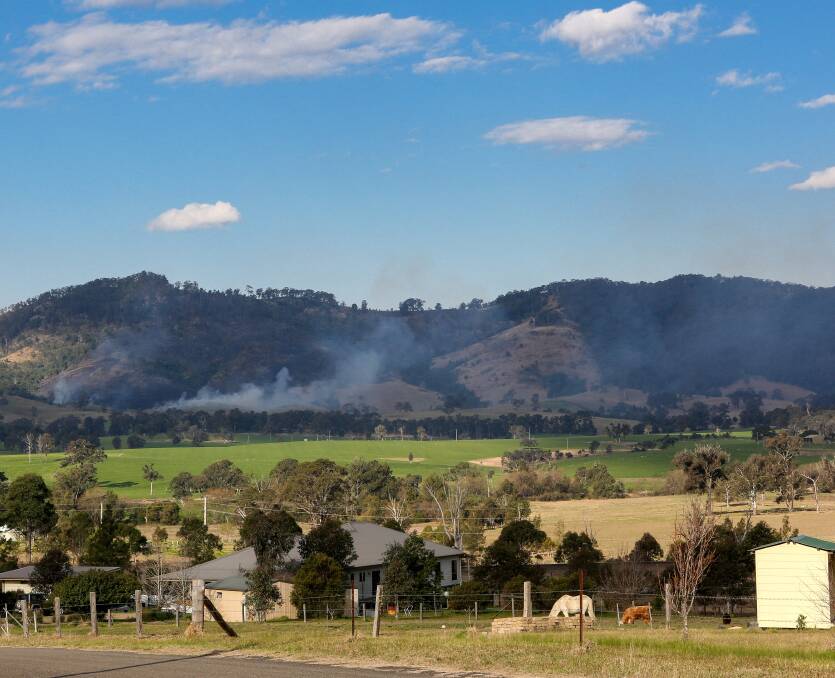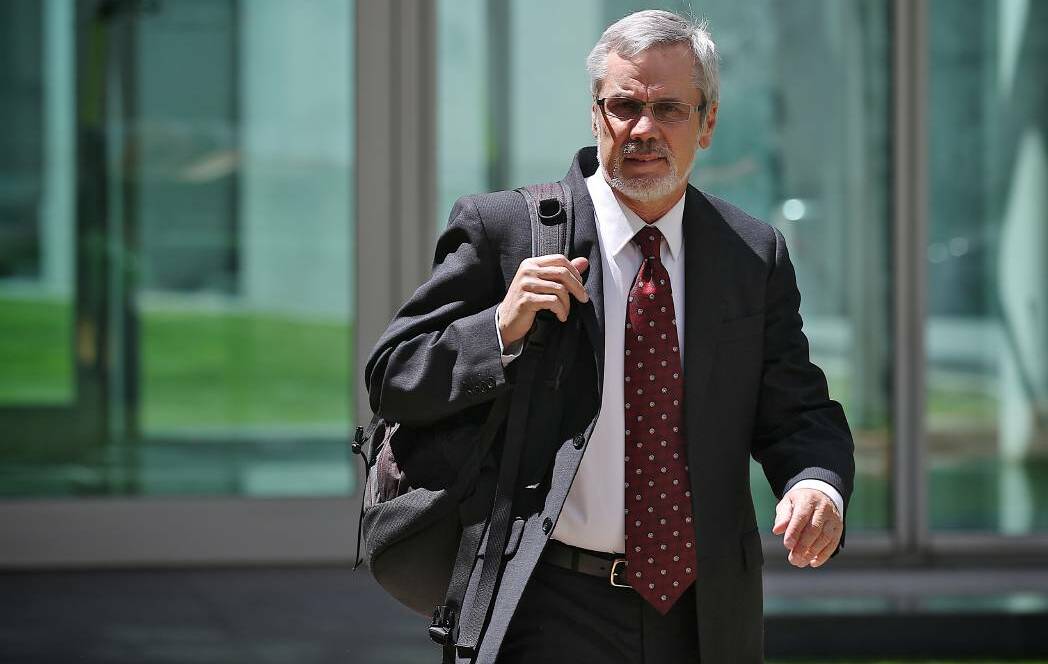
The Land and Environment Court has reserved its judgement in the Rocky Hill coal mine appeal.
Subscribe now for unlimited access.
$0/
(min cost $0)
or signup to continue reading
The two-week landmark hearing, the first its kind since the Paris Agreement, heard expert testimony about climate change, the carbon budget and the impacts of burning fossil fuels.
Gloucester Resources, the company behind the project, and Yancoal Australia, the company behind an associated modification to the Stratford Coal extension project, are challenging the development application refusal by the Department of Planning and Environment’s independent Planning Assessment Commission late last year.
Gloucester Resources argued that climate change was “really a complaint about global geo-political relations” and a merits appeal in the Land and Environment Court over the mine’s refusal was “a most singularly inappropriate vehicle” for doing so.
Climate change researcher Professor Will Steffen argued that if climate change science is accepted, then the mine proposal must be refused to help reduce emissions and stay within the global carbon budget.

READ MORE:
“There is no way you will meet any of these targets if you continue to increase emissions and I think that's a clear and very robust outcome of applying a carbon budget approach to the Paris targets ... So step number one, if you're really serious about the Paris targets, is no new fossil fuel developments. I mean, it doesn't take an Einstein to work that out, that you cannot reduce emissions by increasing them,” Professor Steffen said.
The court also heard from Gloucester residents and business operators when it visited the town in the first week of the hearing.
Read More:
Counsel for Groundswell Gloucester Robert White said there was scientific consensus about the need to rapidly reduce greenhouse gas emissions if the world was to meet the Paris Agreement targets.
“We submit, your Honour, that Gloucester Resources Limited has been unable to prove through its evidence in this case that the approval of the mine will reduce carbon dioxide emissions, not increase them.”


